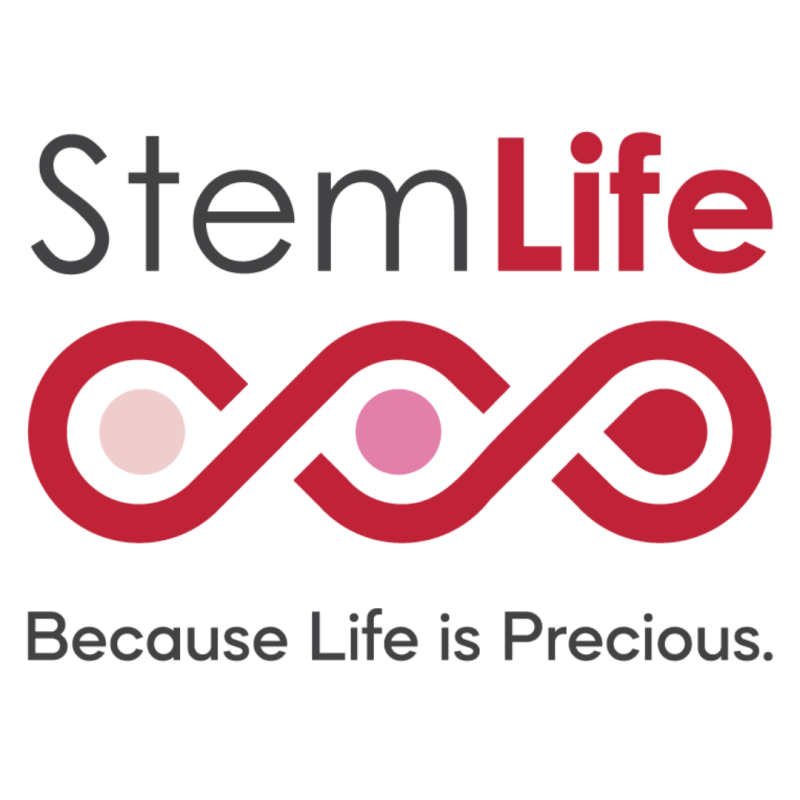Real Story
Tyrosinemia Type I
Tyrosinemia Type I is a type of amino acid disorder characterised by the lack of fumarylacetoacetate hydrolase (FAH), an enzyme required to breakdown the amino acid tyrosine; If left untreated, the condition can potentially result in a wide variety of symptoms including liver & kidney failures, developmental delays, increased risk of liver cancer, etc.
Phenylketonuria (PKU)
Phenylketonuria (also known as PKU) is a congenital disorder that increases the levels of phenylalanine in the blood. Phenylalanine is the building block of proteins that are obtained through dietary intake of food such as meat, fish, beans, eggs and some artificial sweeteners.If left untreated, phenylalanine can build up to harmful levels in the body, causing permanent intellectual disability and other serious health problems; Affected infants usually become apparent by 6 months of age with signs of mental retardation.
Primary Hyperoxaluria
Matthew was born in February 2011 with a rare genetic disorder called Primary Hyperoxaluria Type 1. This was difficult for the family as Matthew’s sister has the same condition, though she had not experienced serious symptoms. However, Matthew were suffering serious symptoms which affected his liver as well as his kidney and he has been on dialysis at least 6 days a week since he was 5 months old. However, all the medications and dialysis did not improve Matthew’s liver and kidneys. Finally, he got liver and kidney transplant on 2013.
Canavan Disease
Canavan disease is a progressive and fatal cerebral degenerative disease that begins in infancy. This inherited genetic abnormality is caused by mutations in the gene for an enzyme which causes deterioration of the white matter (myelin) in the brain Symptoms such as mental retardation, lack of head control etc, usually become noticeable at the age of three to nine months old. Many children do not live past age 10.Although there is currently no cure for Canavan disease, the present treatment involves managing the symptoms.

 中文 (中国)
中文 (中国) Bahasa Melayu
Bahasa Melayu



